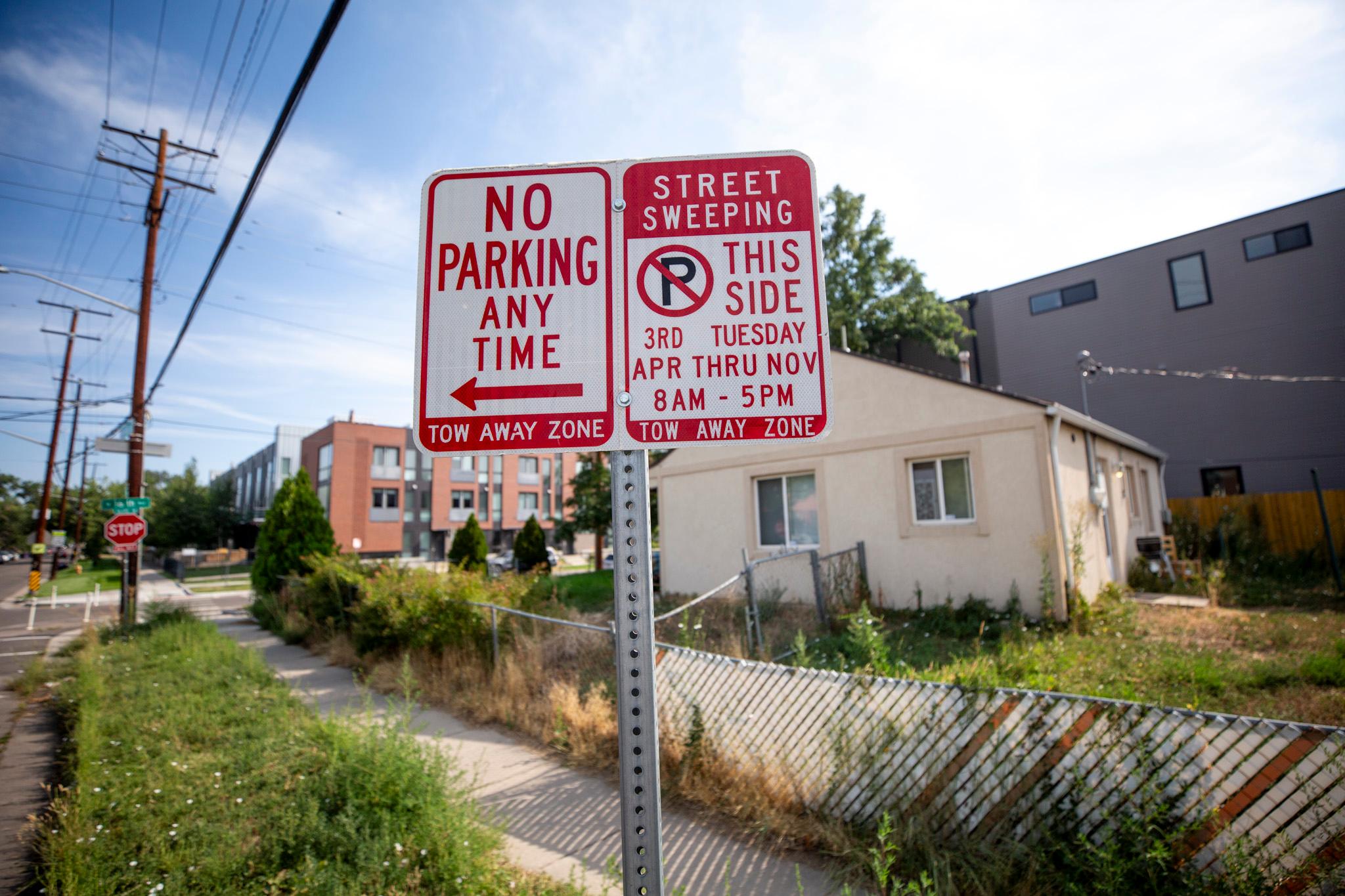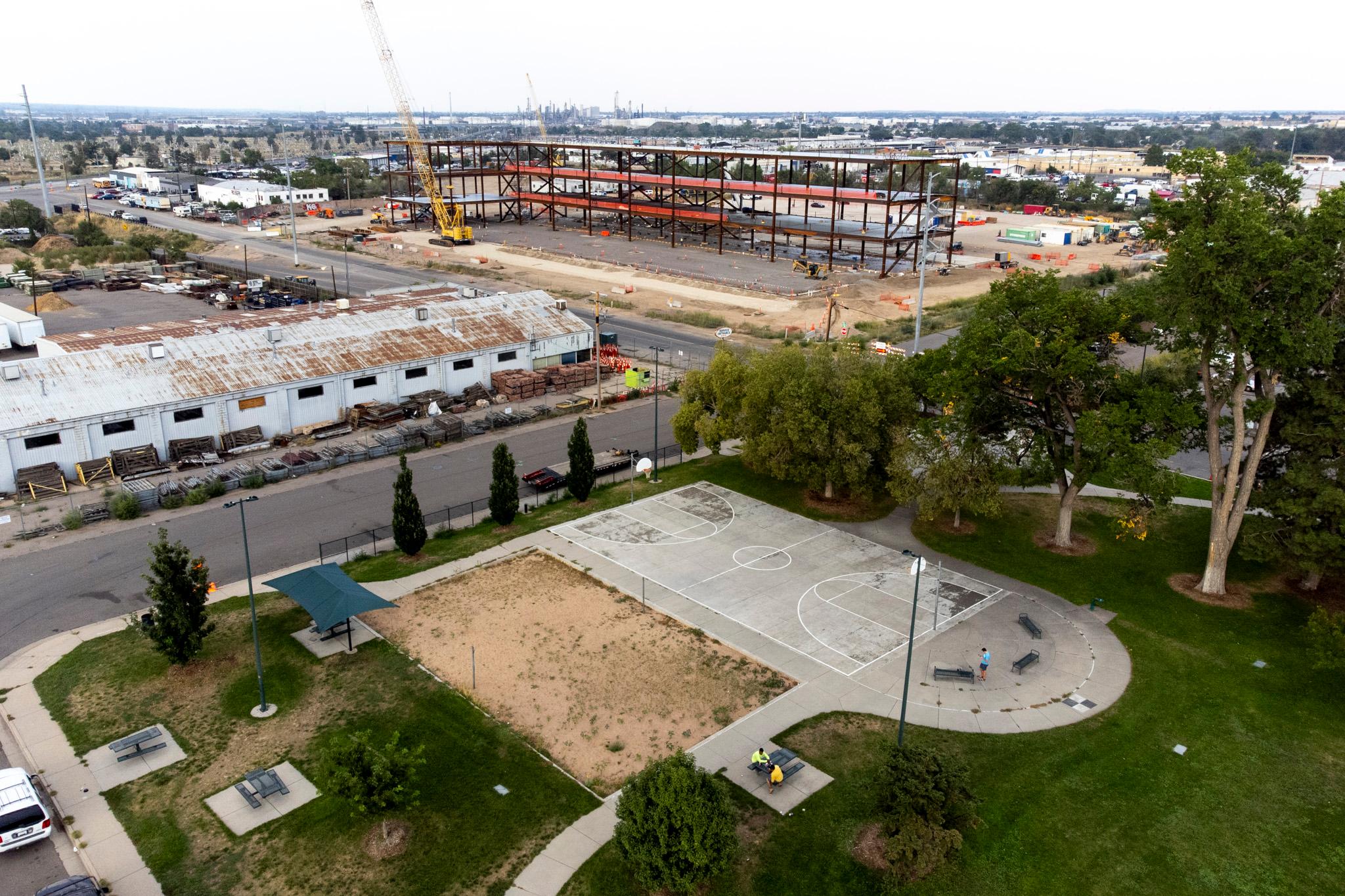Denver County Court has eliminated the option to dispute parking tickets online.
The news is the latest example of how budget cuts have affected life in Denver.
Previously, those who wanted to dispute a parking ticket were able to make their case online. It was as simple as typing in a reason for the dispute, whether it was a missing street sign or mistaken identity. Magistrates reviewed the cases and often granted discounts or dismissals.
Going forward, anyone hoping to challenge a parking ticket will instead have to go through a multi-step process.
First, you’ll have to visit the downtown courthouse during business hours to schedule a hearing. Then, there’s the hearing itself — also held in person. If you lose the appeal, you’ll have to pay your parking ticket and an additional $26 in court costs.
Instructions on how to dispute a ticket are posted on the court’s website.
Westword was first to report the change.
10 county court employees were laid off, 5 of them parking magistrates
Court officials say they no longer have enough staff to run the online appeals service. The local court laid off five parking magistrates, along with five other court employees.
“If a person has already submitted a dispute before it closed, they need not worry as staff will review it and get back to them,” Denver County Courts spokesperson Carolyn Tyler wrote in a statement.
The change may reduce the number of appeals and force more people to pay their full parking ticket, but Tyler did not immediately answer an emailed follow-up question on Monday about whether that was the goal.
Court officials also did not immediately provide details about how many people were filing online appeals each year.
Court cuts run deeper.
In addition to the parking magistrates, two Driving Under Restraint navigators, a forensic peer support navigator and a program manager, and one deputy court executive were also laid off.
The DUR navigators helped people restore their licenses. “Driving under restraint” means driving while your license is revoked or suspended. But ultimately, the court decided this service was not a core function.
“Regarding the Driving Under Restraint (DUR) Navigators, this program was originally created as a jail diversion initiative when DUR offenses carried mandatory jail sentences and significant penalties,” Tyler said. “However, current law now makes DUR violations traffic infractions and Court leaders also do not view the peer support program as a core function and decided to shrink it.
“As we move forward, we will continue to identify and implement operational improvements that enhance efficiency and reduce costs through process improvements and technology enhancements without [affecting] service quality or staffing,” Tyler wrote.
Editor's note: This story originally stated that Denver7 first reported this story. Instead, it was first reported by Westword.












